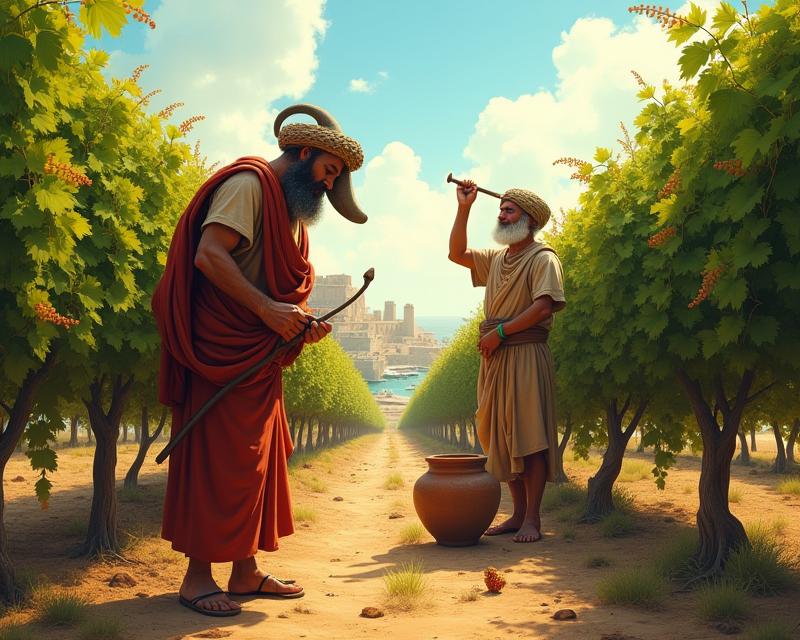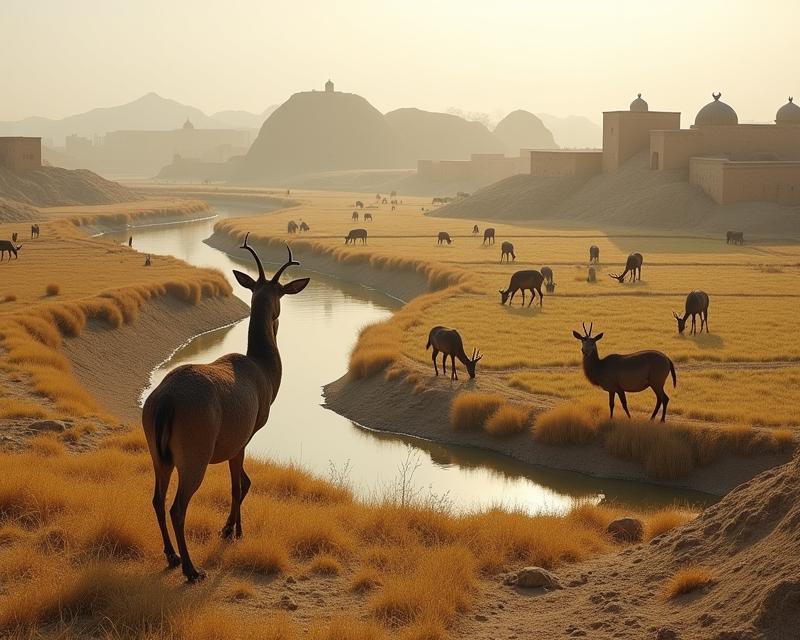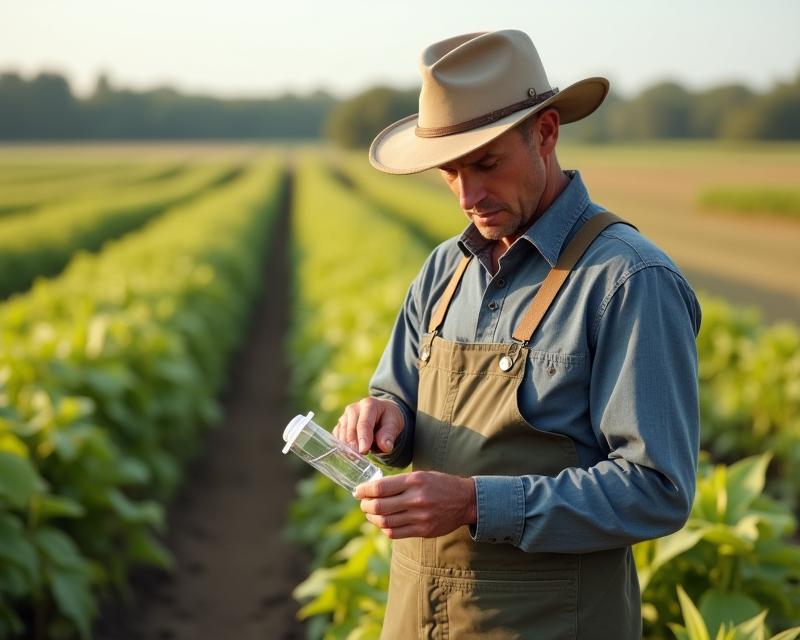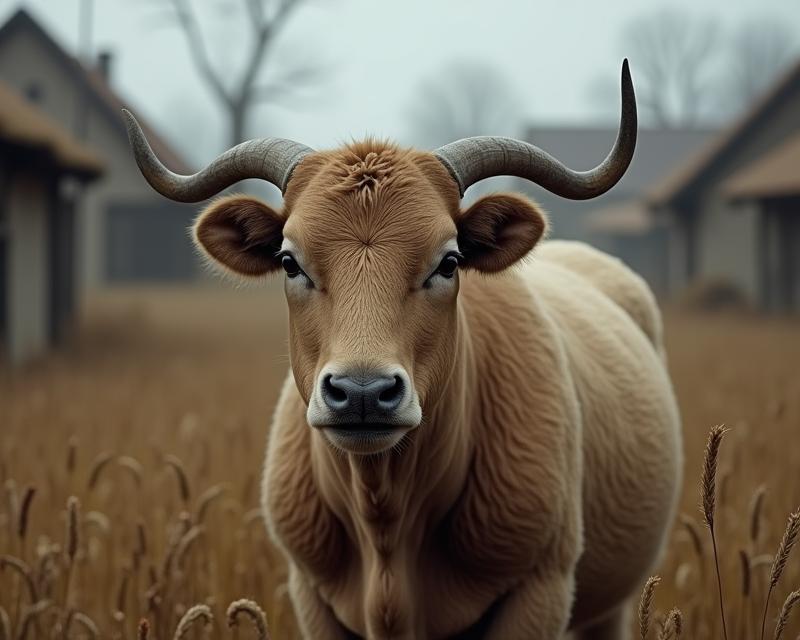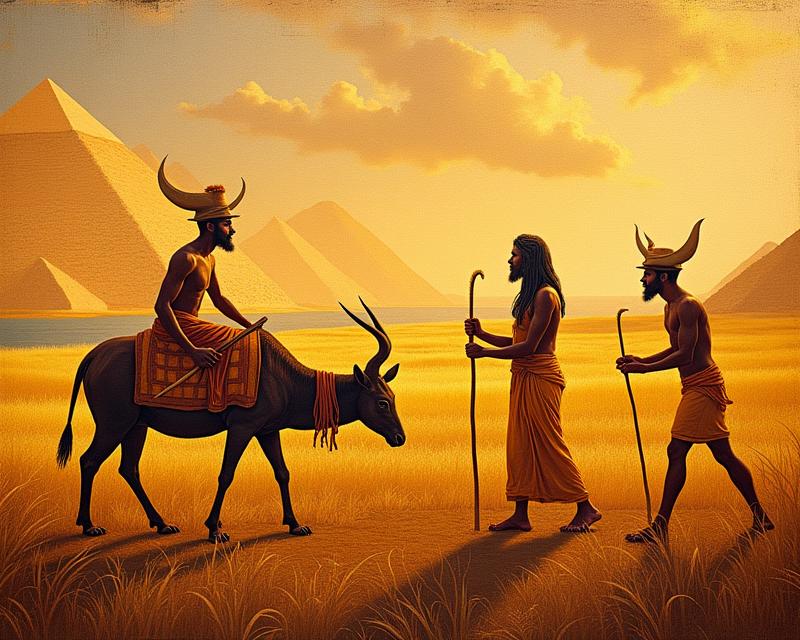Seeds of Controversy: Patenting Life
Publish in Agriculture el 21/07/2025 01:04
Seeds of Controversy: Patenting Life
Hey everyone! Let's talk about something a little tricky today: the whole idea of patenting seeds. It's a hot topic in the farming world, and it touches on some really fundamental questions about who owns life and how we should be using it. You know, for generations, farmers have saved and shared seeds – a cornerstone of agriculture! But things have changed a lot in recent decades.
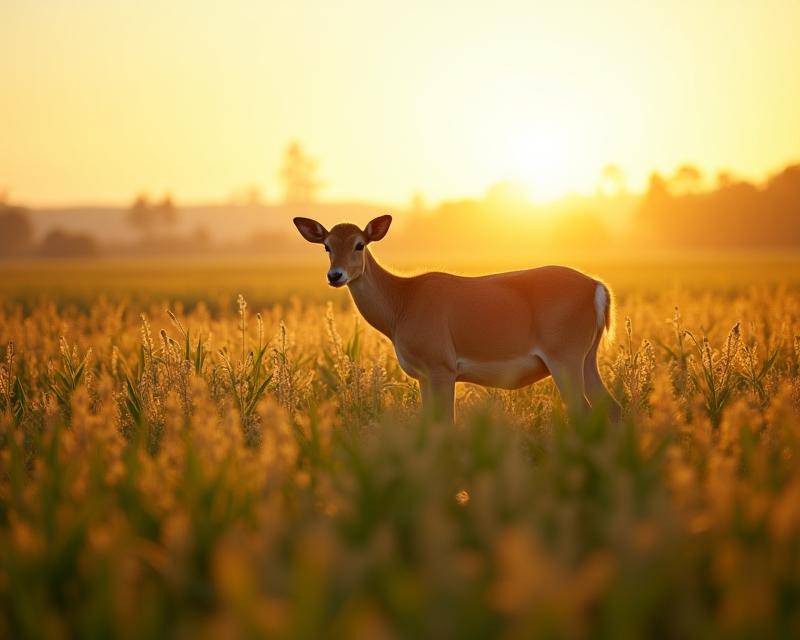
Essentially, patenting a seed means a company can legally prevent anyone else from growing or selling that specific seed variety without permission. Think about it: these companies invest a lot of money in developing new seed types – ones that might be more resistant to pests, produce higher yields, or have other desirable traits. They argue that patents are necessary to encourage innovation and recoup those investments. But many farmers and gardeners feel this system is fundamentally unfair. It raises concerns about food security, farmer independence, and the very nature of agriculture.
One of the biggest worries is that patenting seeds concentrates power in the hands of a few large corporations. If farmers are forced to buy new seeds every year, they become dependent on these companies. This can lead to higher costs, less control over their crops, and a loss of traditional farming practices. Furthermore, patenting can stifle the development of new varieties by smaller breeders and farmers who might have unique, locally adapted seeds. It also challenges the idea that seeds are a shared resource, vital for a healthy and diverse food system. Many believe that life itself shouldn't be treated as intellectual property.
So, what’s the solution? There’s no easy answer. Some advocate for stronger regulations on seed patents, allowing for more farmer-saved seed and promoting open-source seed development. Others champion alternative models like community seed banks and seed sharing networks. It’s a complex issue with far-reaching implications. As farmers and gardeners, it's important to be informed about these issues and to consider how they might impact your own farming practices and the future of food. What do *you* think? Share your thoughts in the comments below! Let's keep the conversation going and explore ways to build a more equitable and sustainable food system for everyone.
